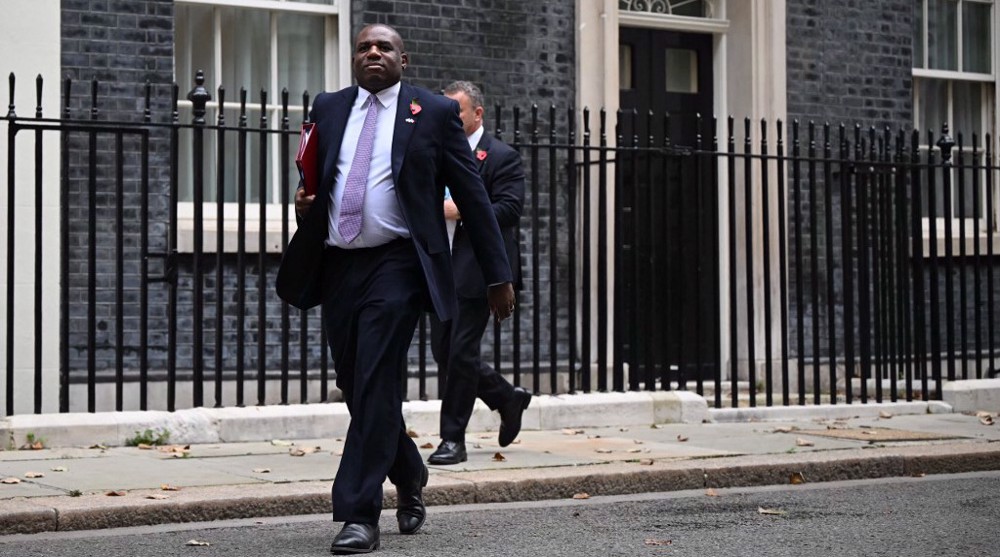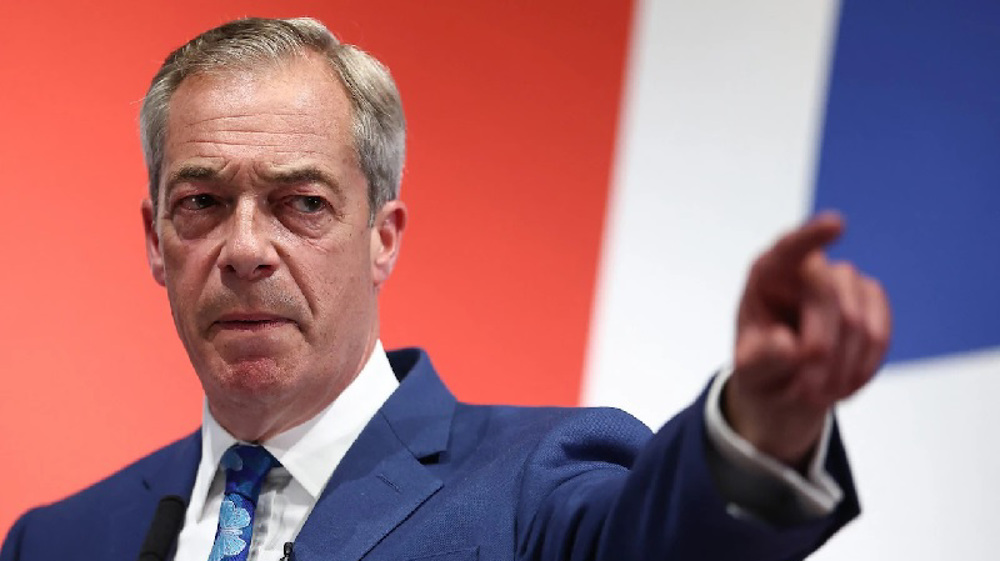May needs parliament’s approval for £1bn payment to save DUP deal
UK Prime Minister Theresa May’s efforts to form a minority government with the Northern Irish Democratic Unionist Party (DUP) has hit another snag, as it appears now that she needs the parliament’s approval for a £1 billion payment to the DUP as part of the agreement.
After a legal challenge by campaigner Gina Miller and the Independent Workers Union of Great Britain (IWGB) about the legality of the payment, the government confirmed on Sunday that the fund will only be released to Northern Ireland upon “appropriate parliamentary authorization.”
“No timetable has been set for the making of such payments,” said Jonathan Jones, the Treasury Solicitor, who also heads the Government Legal Department.
The official said May’s government was going to use “long-established procedures, under which central government requests the grant of money by the House of Commons” in order to pay the promised parts to the DUP.
In their legal letter, Miller and the IWGB said May should have made it clear from the start that the lawmaker were going to authorize the payment, which would be funded with the taxpayers’ money.
“It beggars belief that, neither at the time the government sealed its dubious deal with the DUP in exchange for their votes in the Commons, nor at any point since, has the government made it clear that the £1bn of taxpayers’ money for Northern Ireland could only be handed over following parliamentary approval,” the letter read.
'May using taxpayer's money to save herself'
Jason Moyer-Lee, general secretary of the IWGB, blasted May for agreeing to the payment to guarantee her own future in a time when the government claims “there is no money” to improve British citizens’ lives.
““Many IWGB members’ jobs depend on public money, like foster care workers and low-paid outsourced university staff. They are routinely told that there’s no money available to improve their pay, holidays and other terms and conditions they demand,” he wrote.
“Yet when it comes to keeping themselves in power, this government’s fiscal discipline quickly dissipates. There’s undoubtedly a need for increased social spending throughout the UK but this should be on a basis of fairness; not self-serving party politics,” he added.
May’s embarrassing “confidence and supply” deal with the DUP was a bid to secure the votes of its 10 members in the parliament to help Tories regain their majority, after losing it in a failed snap election in June.
The PM is already facing growing calls from within her own party as well as the opposition, led by Labour and its leader, Jeremy Corbyn.
Israel’s aggression inflicts $8.5 billion in economic losses on Lebanon: World Bank
Hezbollah attacks Israeli military bases in Tel Aviv, Haifa
Hezbollah strikes multiple Israeli targets in fresh retaliatory operations
VIDEO | New Zealand: Maori MPs protest in parliament with Haka war dance
Pezeshkian: World has come to believe Iran seeks peace, security
Houthi: US bombs inflame, escalate wars of extermination in West Asia
VIDEO | Press TV's news headlines
UN report says Israel’s methods in Gaza align with ‘genocide’












 This makes it easy to access the Press TV website
This makes it easy to access the Press TV website